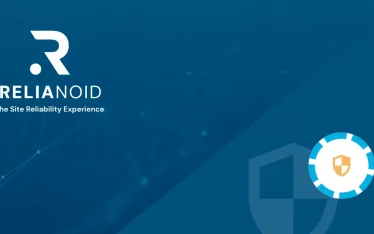Introduction
Chile has taken a significant step forward in strengthening its cybersecurity infrastructure with the publication of regulations for the Interministerial Cybersecurity Committee (CIMS) and the Multisectoral Cybersecurity Council (CMCS). These regulations are part of the National Cybersecurity Policy 2023-2028 and aim to enhance the country’s ability to prevent and respond to cybersecurity incidents while ensuring a robust regulatory framework.
Interministerial Cybersecurity Committee (CIMS)
The CIMS plays a pivotal role in shaping and implementing Chile’s cybersecurity strategy. Its primary responsibilities include:
- Advising the President on the definition and analysis of the National Cybersecurity Policy.
- Proposing regulatory adjustments to strengthen the cybersecurity framework.
- Coordinating the implementation of the National Cybersecurity Policy 2023-2028.
- Supporting the National Cybersecurity Agency (ANCI) in incident prevention and response.
The committee is composed of representatives from key government entities, including:
- Subsecretariats of Interior, Defense, Foreign Affairs, General Secretariat of the Presidency, Telecommunications, Treasury, Science, Technology, Knowledge, and Innovation.
- The National Intelligence Agency (ANI).
The CIMS is chaired by the Director of the ANCI, ensuring a centralized and coordinated approach to cybersecurity governance.
Multisectoral Cybersecurity Council (CMCS)
The CMCS serves as a consultative body, providing strategic guidance to the ANCI. Its primary functions include:
- Assessing the country’s cybersecurity landscape.
- Identifying emerging threats.
- Formulating strategic recommendations to strengthen national cybersecurity.
The CMCS is composed of a diverse group of experts, including:
- The National Director of the ANCI, who chairs the council.
- Two representatives from the industrial or commercial sector.
- Two representatives from academia.
- Two representatives from civil society organizations with expertise in cybersecurity.
Members are appointed by the President of the Republic and must demonstrate distinguished work in cybersecurity, public policy, or related fields. The ANCI will soon open a public call for nominations from industrial, academic, and civil society organizations to join the council.
Operational Framework and Objectives
The regulations outline the structures, objectives, and operational norms of both the CIMS and CMCS. Key aspects include:
- Frequency of meetings and decision-making mechanisms.
- The role of Executive Secretariats, managed by the ANCI, to facilitate administrative functions.
These regulations mark a critical step toward implementing the National Cybersecurity Policy 2023-2028, fostering a resilient cybersecurity ecosystem aligned with the challenges of the digital age.
Supporting Compliance with RELIANOID and SEGNET
As Chile advances its cybersecurity regulatory framework, companies must ensure compliance with evolving standards. RELIANOID, through its local partner SEGNET, is well-positioned to assist organizations in achieving regulatory compliance and enhancing their cybersecurity posture.
With expertise in application delivery, security solutions, and regulatory compliance, RELIANOID and SEGNET provide comprehensive support to navigate the complexities of Chile’s cybersecurity regulations. From implementing secure infrastructures to ensuring compliance with the latest frameworks, their joint efforts empower businesses to thrive in an increasingly digital world.




